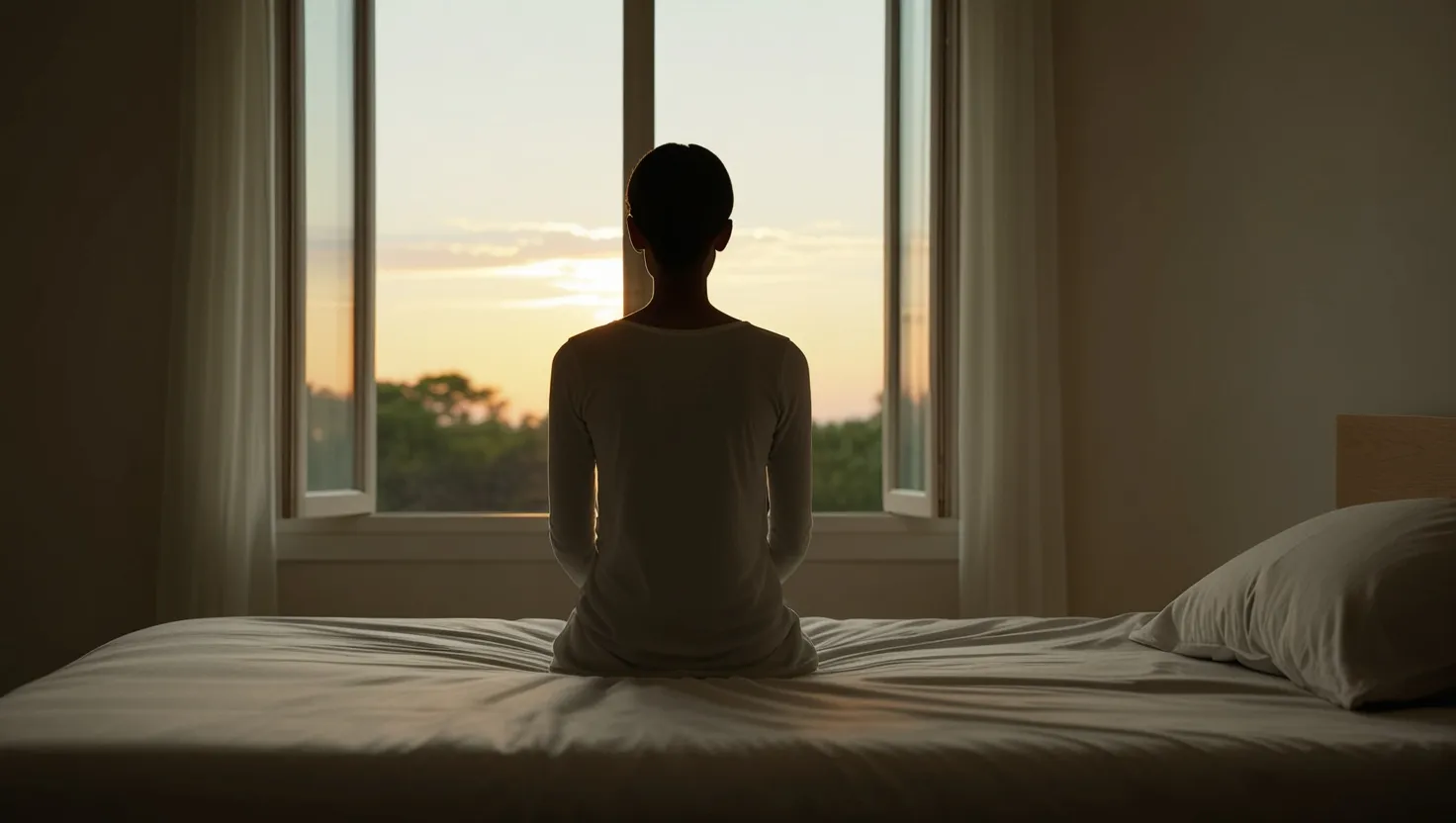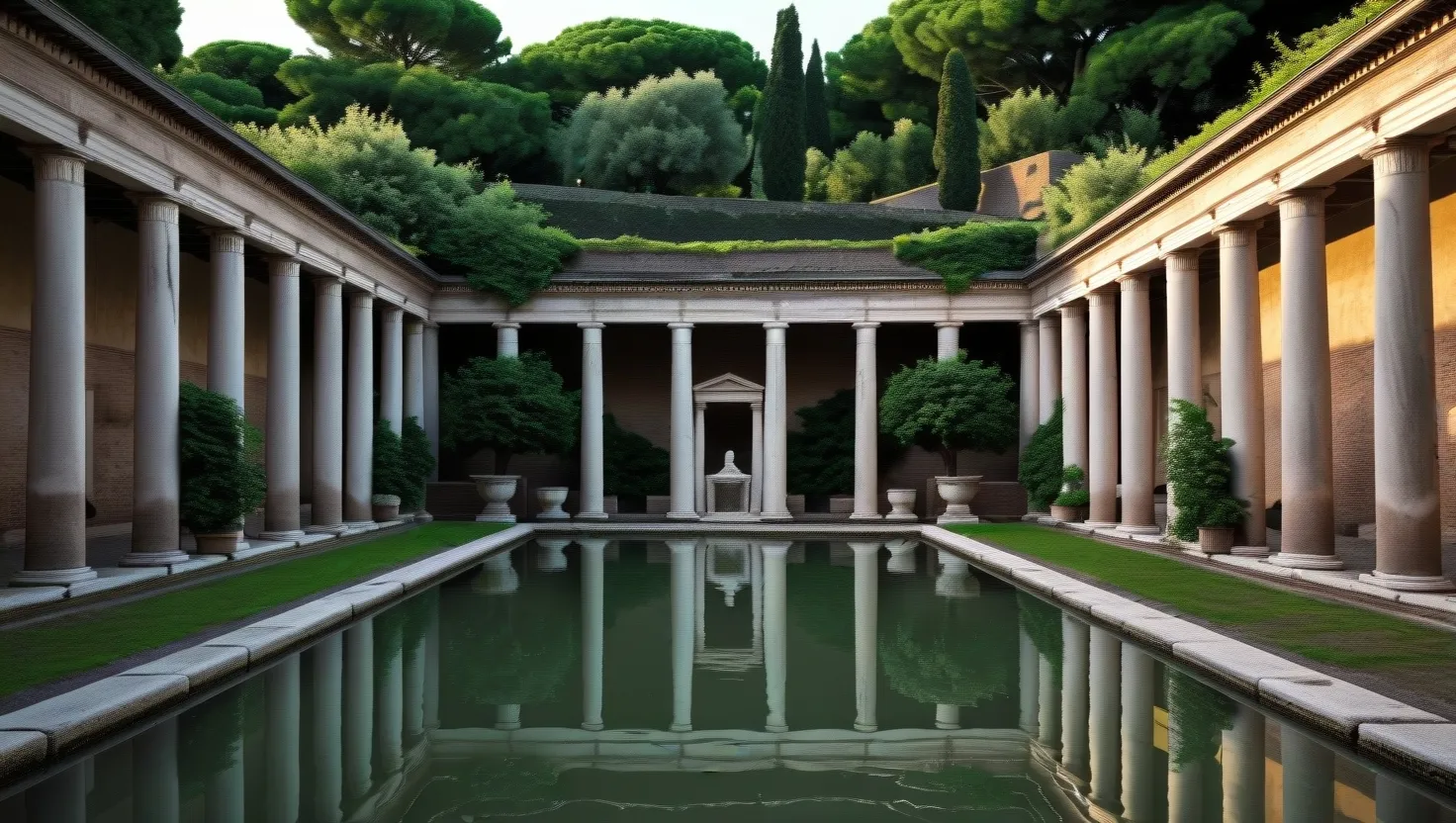Some mornings I like to sit on the edge of my bed and just ask myself a question—or, better yet, let my mind wander into a line of ancient inquiry. Imagine Socrates strolling the streets of Athens, challenging citizens to examine their lives and assumptions. He wasn’t looking for easy answers. Instead, he was teaching a habit: begin your day with a question. Why do I do what I do? What drives me? Even five minutes, before emails or headlines intrude, can set a day on an intentional course. This moment of mental stretching charges my routines with purpose—an echo of the Greek call, “Know thyself.” I find that, far from being a relic, this self-examination is a compact way to cut through mental noise, keeping me aligned with what truly matters.
I often wonder: Why don’t more of us take time to question what we’re chasing? The Greeks didn’t consider this idle musing; they believed it was essential to living wisely. When I start with a real question—Who do I want to be today? Where am I drifting off course?—I tend to catch myself before veering into old habits or reacting out of autopilot. Over time, these simple philosophical check-ins become a compass, aligning decisions with values.
I remind myself of Heraclitus’ insight:
“No man ever steps in the same river twice, for it’s not the same river and he’s not the same man.”
As the day moves on, I pull another thread from the Greeks: movement that isn’t just about the body, but about mind as well. In Athens, the gymnasium meant far more than a place to sweat. It was a hub where philosophers and athletes mingled, ideas collided, and bodies were strengthened alongside minds. When I step outside for a walk—leaving my headphones behind—my intention isn’t just exercise. I pick a thought or worry, letting it roll over in my head as I move. It astonishes me how walking untangles complicated feelings or stubborn problems. Combining movement with reflection is a Greek-inspired technology for clarity.
Have you ever noticed your best ideas arrive not when you’re sitting still, but when you’re strolling or moving? That’s no accident. The Greeks understood the mind’s affinity for motion—a lesson that feels especially relevant in our sedentary, screen-locked era. We mistake idleness for rest, forgetting real renewal arrives when thought and action travel together.
But life in ancient Greece pulsed to rhythms not just of individual reflection or movement, but of connection and exchange. The Agora, the bustling heart of public life, was where Athenians gathered to debate, share news, challenge opinions, and shape civic identity. I try to reincorporate this practice, intentionally setting aside time each week for genuine conversation—not gossip or small talk, but real dialogue about ideas, challenges, and beliefs.
When was the last time you got together with friends or colleagues to discuss something that genuinely matters? Not logistics or complaints, but a shared curiosity? I often pose questions in these groups: What’s a belief you hold now that you didn’t five years ago? How has failure shaped you? These conversations become spaces for mutual growth, and I always leave feeling less alone in my questions, more inspired in my pursuits.
Plato observed:
“You can discover more about a person in an hour of play than in a year of conversation.”
What he’s calling “play” is the kind of spirited exchange that happens when people drop their guard, wrestle with ideas, and listen as much as they speak. This isn’t just intellectually valuable—it’s emotionally grounding. The Greek sense of community, or philia, makes me rethink our modern focus on individual achievement. There’s wisdom in carving out time for shared dialogue, where voices mingle and perspectives stretch our own.
Still, for all their brilliance, the Greeks warned against excess. The idea of sophrosyne—self-control and moderation—served as a watchword, a way of checking the drift toward extremes. Each week, I scan my routines: Have I let work outpace family? Has my consumption—of screen time, food, news—swung to one side? The goal isn’t to suppress enjoyment or ambition, but to gently return to the middle path. It’s a humility the Greeks advocated: life is fluid; equilibrium is an active choice.
Seneca, echoing that sentiment, wrote:
“It is not that we have a short time to live, but that we waste much of it.”
He was speaking to anyone—then or now—who has felt life rushing by in a blur. When I pull myself back toward balance, I reclaim time that might otherwise slip past unnoticed. Moderation feels, in practice, not like restriction but permission: to linger over good work, to savor time with friends, to notice when enough is, in fact, enough.
Are you living at a sustainable pace, or are there areas where you drift to excess? That self-audit sometimes surprises me. A week of attention to this question can break a cycle of exhaustion or distraction before it takes root.
As evening approaches, I circle back toward the habit Athenians practiced: reflection on gratitude, both for small joys and for challenges that became lessons. Before sleep, I trace three positive moments—sometimes modest, sometimes profound. This ritual shapes my relationship with the day. Instead of measuring life by what was incomplete or frustrating, my last thoughts dwell on what mattered, what grew, what brightened the hours.
If you’ve ever lain awake tallying your failures, you know how easy it is for the mind to default to lack or regret. The Greeks, it turns out, were onto something: ending each day with appreciation not only calms the mind, but rewires it toward contentment. Over time, this habit of evening gratitude builds a foundation of satisfaction and resilience.
Aristotle once said:
“We are what we repeatedly do. Excellence, then, is not an act, but a habit.”
Like many, I once saw wisdom as something grand—an elusive insight, a distant achievement. But these practices remind me that it lives in routines: the question asked each morning, the thoughtful walk, the honest conversation, the balanced choice, the grateful glance back at day’s end.
Why do these old habits still matter? Because they are rooted in the full complexity of being human—in our longing to understand, to connect, to move, to find middle ground, to appreciate. The Greeks, for all their myths and dramas, built daily rhythms that honored both striving and satisfaction.
What’s striking is that these aren’t distant ideals; they’re immediately practical. Five minutes of inquiry can clarify your goals. Twenty minutes of movement can shake loose an old worry. One evening of gratitude can soften the edges of a hard day. We tend to overcomplicate well-being, searching for the next breakthrough, forgetting that time-tested practices—if made habitual—work quietly but profoundly.
Next time you wake, don’t leap out of bed in a fog. Pause and interrogate your day. On your next walk, let a question accompany your steps. Gather with friends and push conversation beyond the surface. Audit the extremes in your life, steering back toward balance. Before sleep, savor what made you grateful.
Living with ancient Greek practices is less about reenactment and more about remembering that wisdom grows from attention. The invitation is to make these rhythms your own—not by perfectly imitating the past, but by translating its insights for a life that is modern, complex, and uniquely yours. Daily, I find myself learning that the “good life” isn’t a destination, but a series of mindful, intentional choices. Isn’t that a legacy worth carrying forward?






